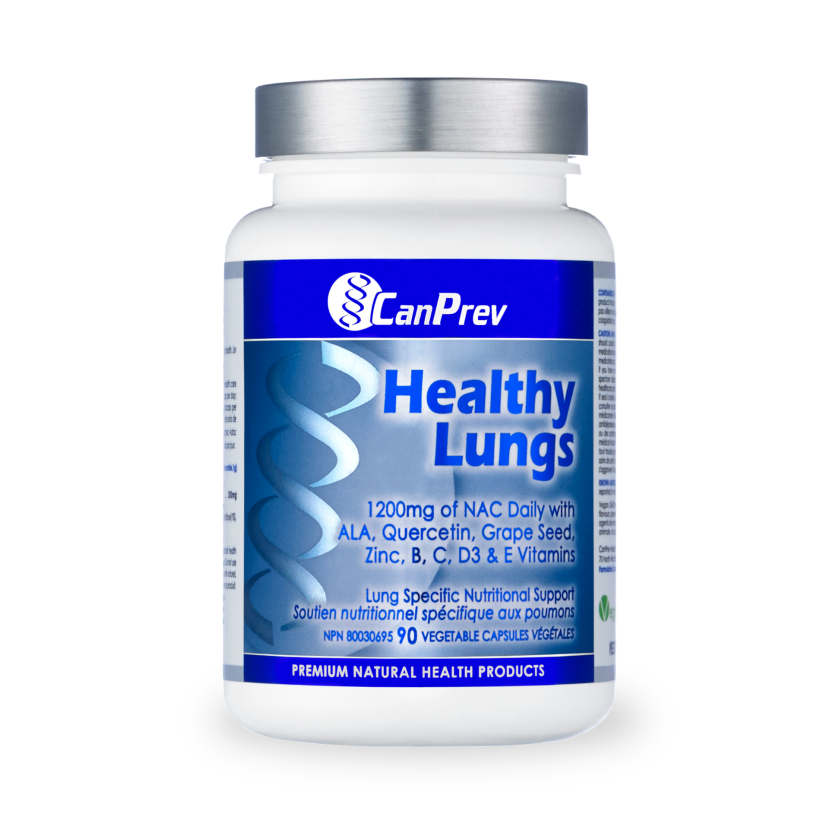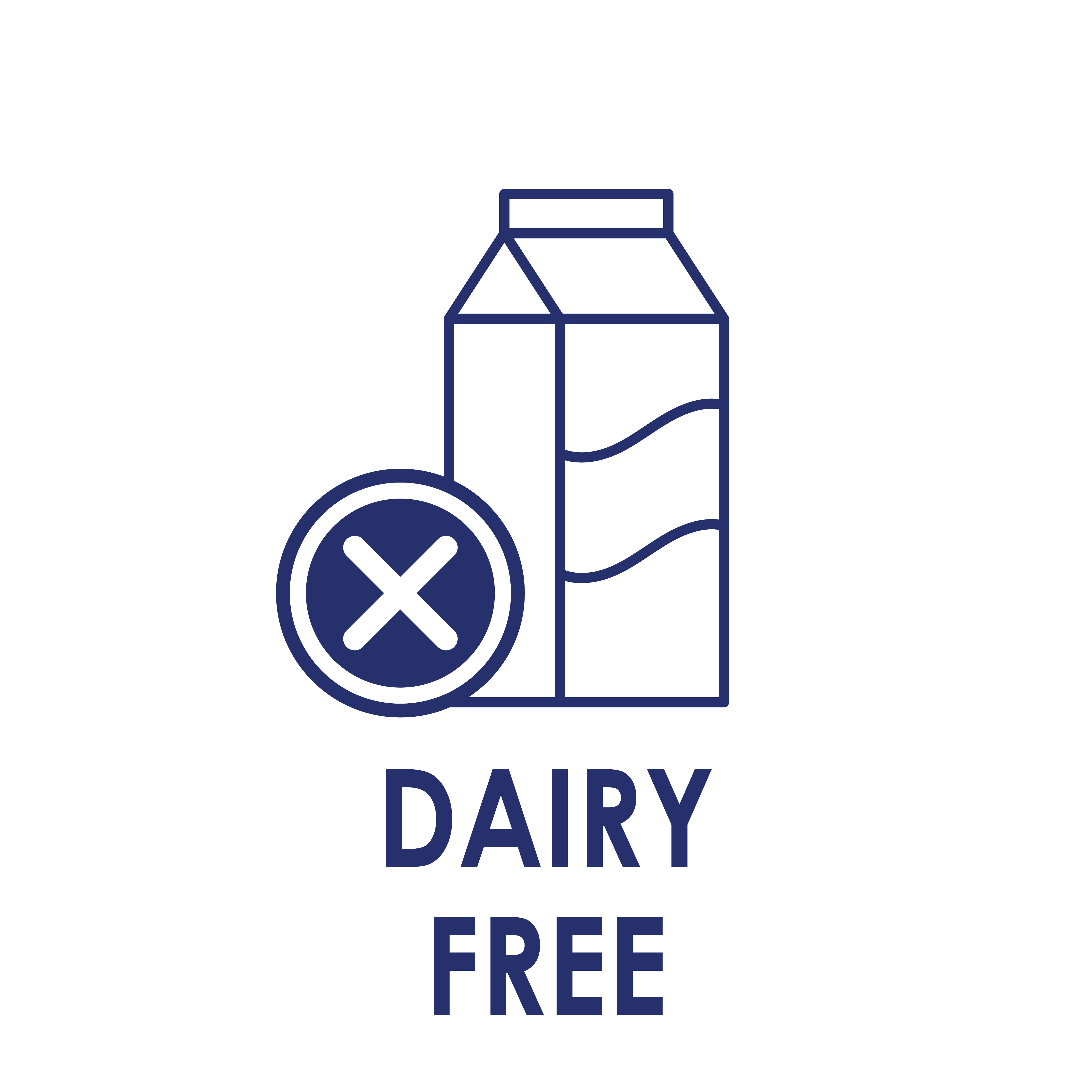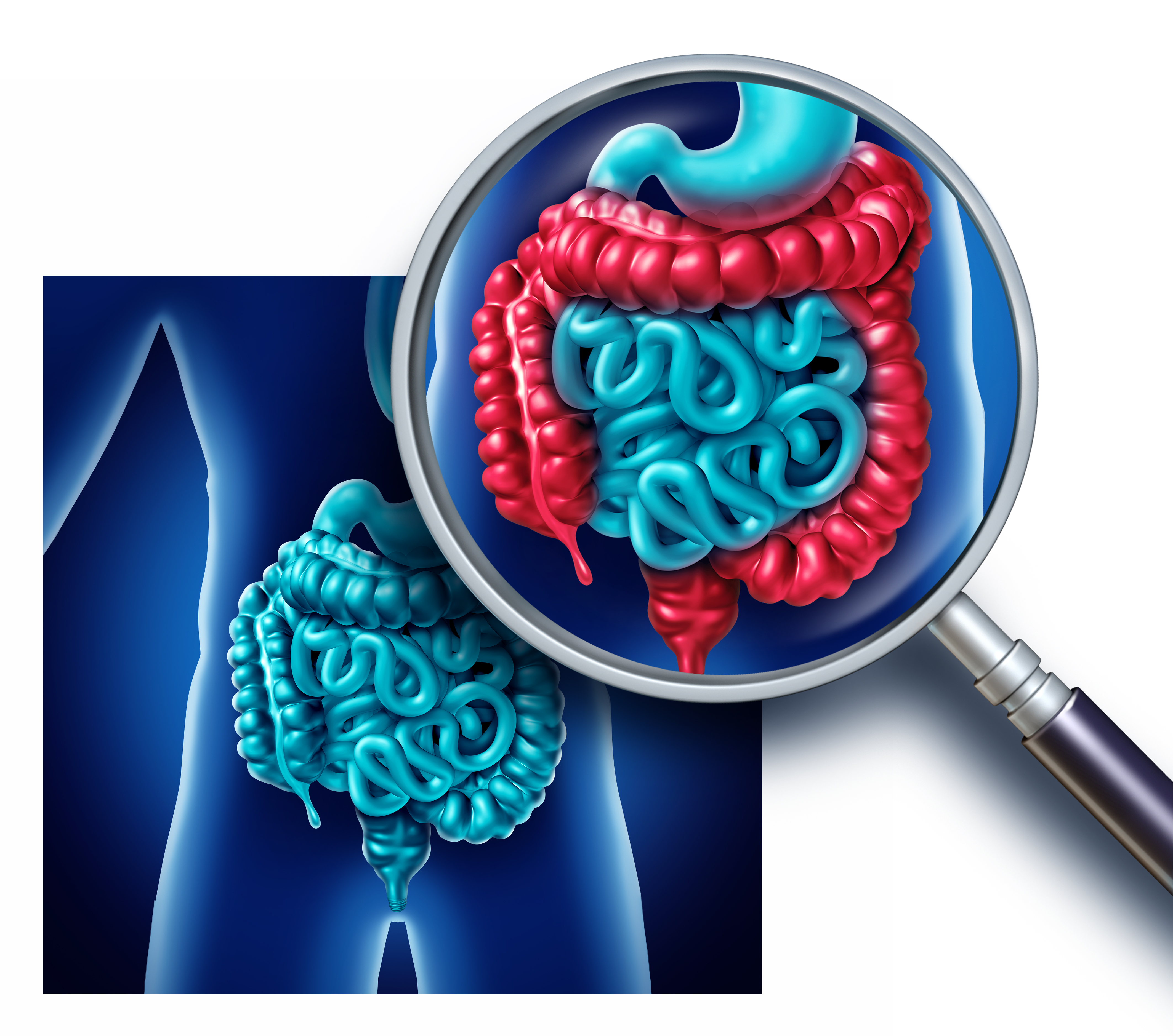What does Healthy Lungs do for me?
N-acetyl-cysteine (NAC)
In addition to being a powerful antioxidant, NAC is also known as a mucous buster. This respiratory detoxifier helps to break up disulfide bonds present in mucous, allowing it to dissolve more easily in your respiratory tract and thereby making it easier to breathe. NAC is able to cleave disulfide bonds, thereby breaking up mucoproteins that form mucus in the lungs and improving respiratory conditions and flu like symptoms.
Vitamin C (ascorbic acid)
High dietary and supplementary doses may protect against the development of chronic respiratory symptoms.
Vitamin D3 (cholecalciferol)
Vitamin D is required by our immune system to help fight off invading bacteria and viruses.
Vitamin E (d-alpha- tocopherol, natural)
Along with vitamins A and C, Vitamin E is depleted by cigarette smoking and other environmental stressors.
Vitamin B6 (pyridoxine HCL)
Helps to reduce potential oxidative stress from carbon monoxide, irradiation and certain chemical exposures. Vitamin B6 deficiency has been associated with weakened immune system.
Folic Acid (folate)
Higher serum folate levels have been shown to correlate with a reduced risk of respiratory issues such as allergic sensitization and wheezing.
Vitamin B12 (methylcobalamin)
Works with folate in countless bodily processes. Studies confirm a decreased level of B vitamins in patients with chronic respiratory conditions.
Zinc (citrate)
Critical to the immune system and the detoxification of chemicals and metabolic irritants.
DL-Alpha lipoic acid
Has unique dual-action antioxidant characteristics (both a fat and water soluble vitamin). Can work inside and outside our cells. Has the ability to regenerate and recycle other beneficial antioxidants in the body like vitamin C, E, CoQ10 and glutathione.
Grape seed extract (95% OPCs)
Contains oligomeric proanthocyanidin (OPC) complexes, which can increase intracellular vitamin C levels, decrease permeability and fragility of capillaries, scavenge free radicals and slow the destruction of collagen in lung tissue.
Quercetin (dihydrate)
Quercetin is known for its antioxidant activity in radical scavenging and anti-allergic properties.
It has shown potential health benefits for its role in anti-inflammatory type responses which could be characterized by stimulation of the immune system.
May help reduce illness after intensive exercise and help reduce histamine levels and allergy symptoms by stabilizing mast cells and basophils.








